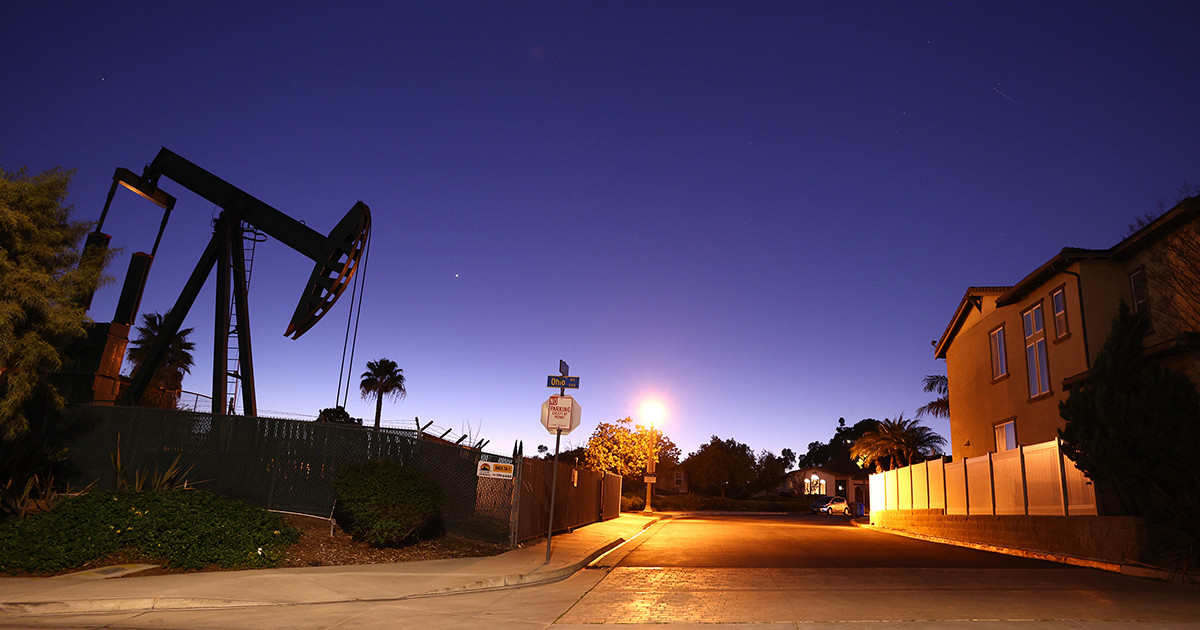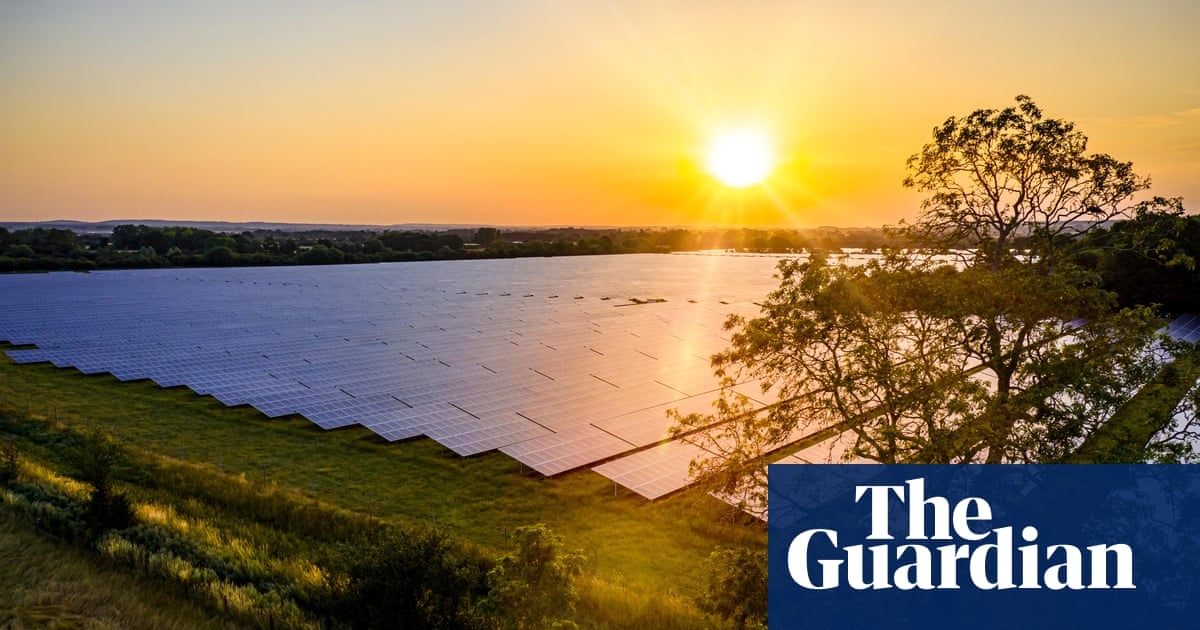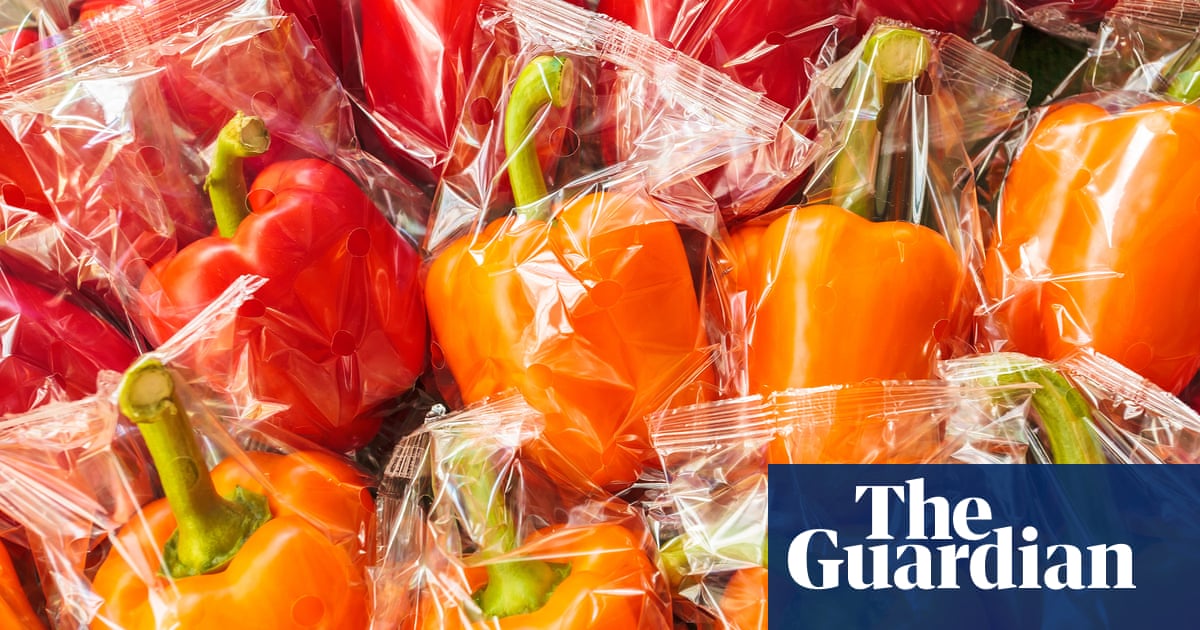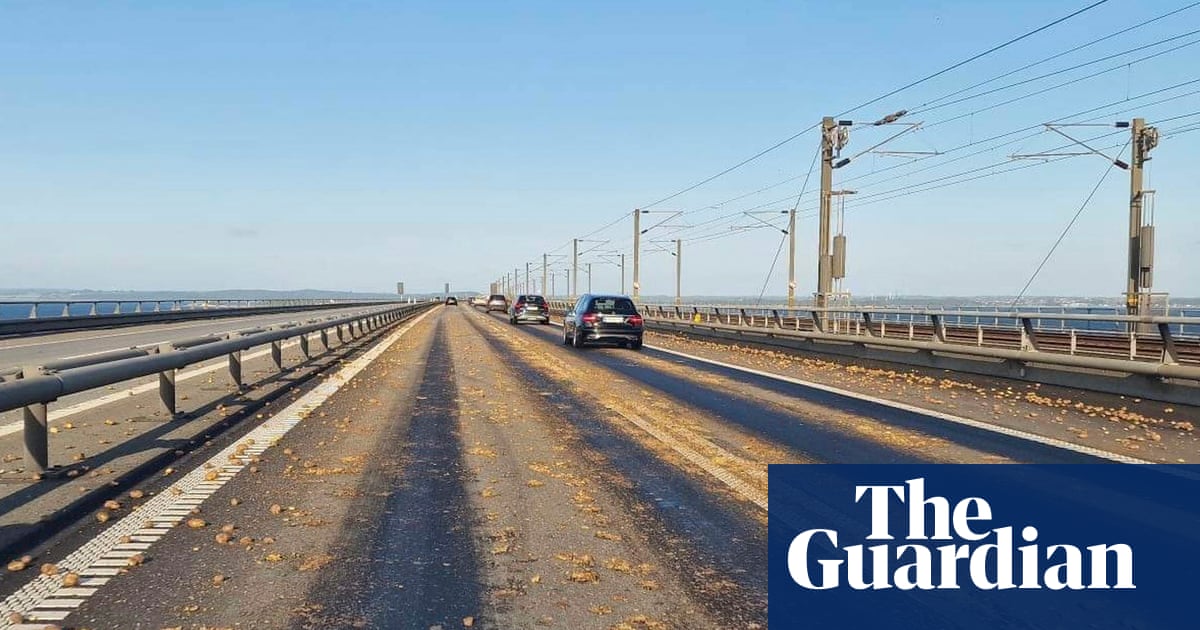
It Will Cost Up to $21.5 Billion to Clean Up California’s Oil Sites. The Industry Won’t Make Enough Money to Pay for It.
An expert used California regulators’ methodology to estimate the cost of cleaning up the state’s onshore oil and gas industry. The study found that cleanup costs will be triple the industry’s projected profits.www.propublica.org
An expert used California regulators’ methodology to estimate the cost of cleaning up the state’s onshore oil and gas industry. The study found that cleanup costs will be triple the industry’s projected profits.
Compounding the problem, the industry has set aside only about $106 million that state regulators can use for cleanup when a company liquidates or otherwise walks away from its responsibilities, according to state data. That amount equals less than 1% of the estimated cost. Taxpayers will likely have to cover much of the difference to ensure wells are plugged and not left to leak brine, toxic chemicals and climate-warming methane.
ProPublica reported last year, the major oil companies that long dominated in California and have the deep pockets necessary to pay for environmental cleanup are selling their wells and leaving the state, handing the task to smaller and less well-financed companies.
Then you add in the health cost incurred by individuals and it looks even worse. But hey, jobs, right? LOL











